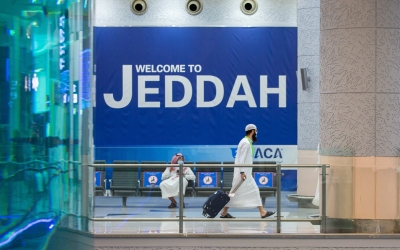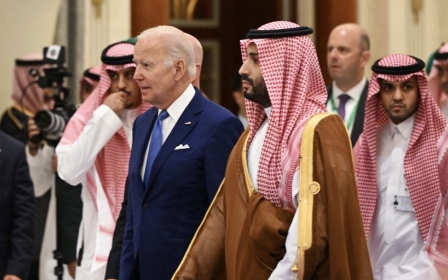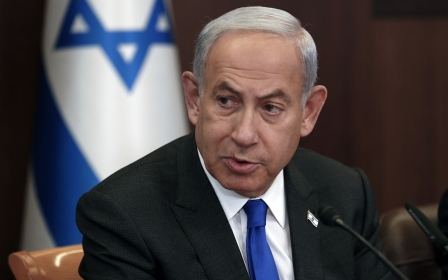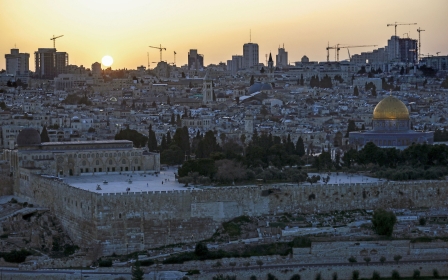Palestinian Authority has 'list of wants' in exchange for Saudi-Israel normalisation
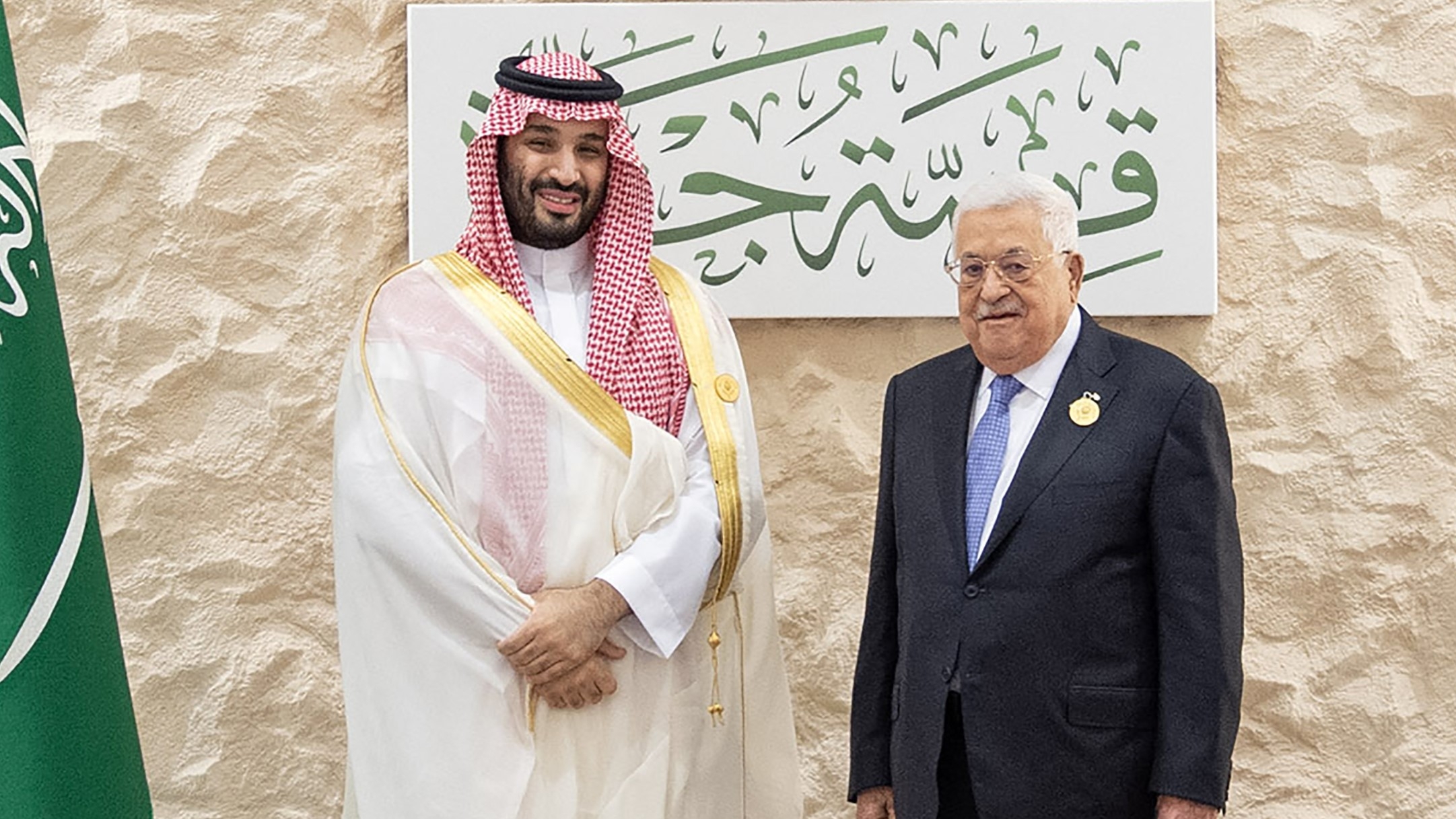
Palestinian Authority (PA) President Mahmoud Abbas has delivered a set of demands to Saudi Arabia in exchange for his support for the normalisation of relations between Israel and Riyadh, according to a US news outlet.
Citing a number of Israeli and American sources on Wednesday, Axios said the Palestinians want status changes to areas of the occupied West Bank at present considered Area C. These are currently off limits to the vast majority of Palestinian residents of the territory and are fully under Israeli military control.
Palestinian officials instead want the territories to be designated Area B, which are areas under Israeli security contol but where the civilian administration is handled by the PA.
Other demands listed in the report include the opening of a Saudi consulate in Jerusalem and for the Israelis to resume final-status negotiations with a "clear timetable".
Senior Abbas adviser Hussein al-Sheikh, who is leading the consultations on the issue with Riyadh, gave Saudi national security adviser Musaed bin Mohammed al-Aiban the list of possible deliverables three months ago, Axios reported.
New MEE newsletter: Jerusalem Dispatch
Sign up to get the latest insights and analysis on Israel-Palestine, alongside Turkey Unpacked and other MEE newsletters
An earlier Wall Street Journal report said Saudi officials were considering the resumption of financial aid to the PA in order to curry support for their normalisation efforts with Israel.
In 2016, Riyadh reduced its aid to the PA and stopped it all together in 2019. The ostensible reason given then was the failure by Palestinian officials to prevent corruption.
Saudi Arabia has long been expected to join a growing list of Arab states normalising their relations with Israel.
The UAE, Bahrain, Sudan and Morocco have all signed deals with Israel in recent years, but Riyadh has been reluctant to proceed without gaining concessions from the Israelis in return. Abbas has strongly condemned those agreements as a "betrayal".
Saudi officials have previously stated that there would be no normalisation with Israel without the creation of an independent Palestinian state, but the latest reports by the US outlets don't appear to show that to be a non-negotiable demand of the normalisation efforts.
'Closer than ever'
How close a Saudi-Israeli normalisation deal is to being signed is difficult to predict given contradictory reports on how far the two sides have progressed in talks.
In June, former US State Department official Aaron David Miller told Middle East Eye that "we are closer than ever to a deal, given the fact that 'ever' was almost zero a few years ago".
The administration of Presdient Joe Biden is reportedly keen on securing a deal before the US presidential election of 2024, which is likely to be a rematch between Biden and former President Donald Trump.
A deal would be a major diplomatic scalp for either of the candidates, who are both staunch supporters of Israel.
Saudi Crown Prince Mohammed bin Salman, who is the de facto ruler of the kingdom, is reportedly waiting out for "something outstanding".
While some of Riyadh's demands involve the Palestinians, they fall below the "threshold of state", according to analysts MEE has spoken to.
Saudi Arabia's own wants include US guarantees on Saudi security and western support for its nuclear programme.
This article is available in French on Middle East Eye French edition.
Middle East Eye delivers independent and unrivalled coverage and analysis of the Middle East, North Africa and beyond. To learn more about republishing this content and the associated fees, please fill out this form. More about MEE can be found here.


